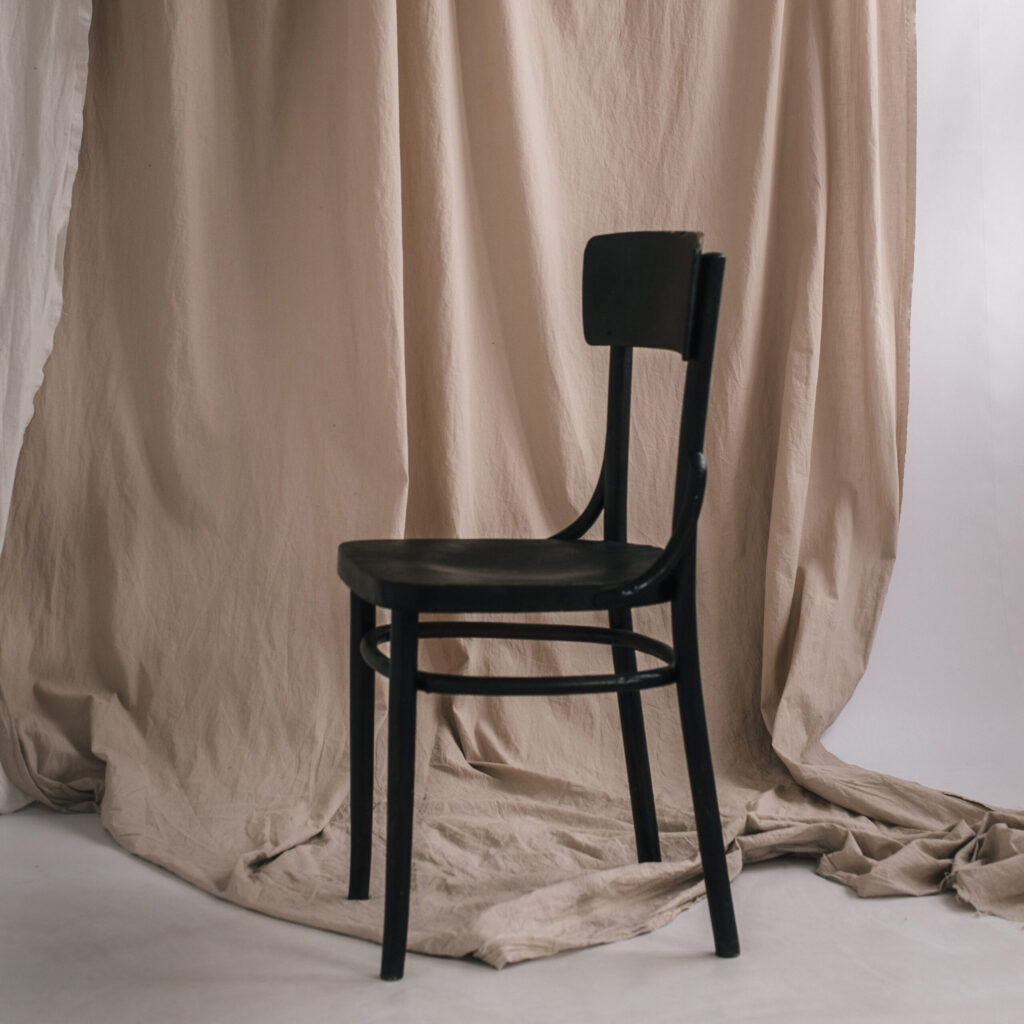
Insecure Attachment style describes the way we connect with other people in relationships. It includes how we respond emotionally, as well as our behaviours and interactions.
This page will explain the principles of attachment theory and adult attachment styles, and outline how professionals can help you.
What is attachment theory?
The theory explains that the way we approach adult relationships is fundamentally shaped in our early childhoods, through the relationship style we live out with our parents or primary caregivers. If a child is raised in a warm and nurturing environment, and able to consistently and confidently rely on their parents to fulfil their needs, they tend to form a secure attachment style. The child learns that people, in general, can be trusted, so they see relationships as a safe space where they can express their emotions freely. However, if a child has a strained bond with their parents, they learn they may not be able to rely on others for their comfort and basic needs. This can lead to the development of an insecure attachment style.
Adult attachment styles
Attachment theory has been applied to adult relationships, resulting in four main attachment styles. Unless challenged, our attachment style tends to stay with us and remain relatively unchanged for the rest of our lives.
Secure attachment
Someone with a secure attachment style tends to have both a positive self-image and a positive image of other people, so they connect, trust and get close to others with relative ease. They are comfortable with intimacy and independence in relationships, able to communicate effectively, and they manage conflict well.
About 50% of adults are thought to have a secure attachment.
Anxious-preoccupied attachment
This is an insecure attachment style, characterised by low self-esteem and a strong fear of rejection or abandonment. It’s estimated that about 20% of adults have anxious-preoccupied attachment.
Someone with an anxious attachment will experience, feel or display some or all of the following:
Insecure and anxious
Appear desperate and clingy
Need constant reassurance
Afraid of being alone
Highly emotional
Highly sensitive to any kind of criticism
Dependent on others
Seek approval and validation from others
Often jealous and suspicious in relationships
Dismissive-avoidant attachment
This is an insecure attachment style. Around 25% of adults are thought to have dismissive-avoidant attachment.
Someone with an avoidant attachment may appear confident, strong, independent and together, but struggle to build meaningful relationships.
They may also experience, feel or display some or all of the following:
Feel suffocated in a relationship
Find it hard to trust
Uncomfortable expressing their feelings
Accused of being secretive or having commitment issues
Avoid emotional intimacy
Preciously guard their ‘me time’
Fearful-avoidant attachment
Also known as disorganised or disoriented attachment, this is an insecure attachment style that combines anxious-preoccupied and dismissive-avoidant attachment. It is relatively rare, with just 5% of adults falling into this type.
Someone with fearful-avoidant attachment desperately craves affection but is reluctant to have close or intimate relationships. They often have a high number of casual sexual partners to fulfil their desire for affection without commitment or intimacy.
They may also:
Have difficulty regulating their emotions
Be insecure and anxious
Display contradictory, disruptive, often violent behaviour
GET IN TOUCH
Book a Consultation
If you struggle with relationships and believe you may have an attachment disorder, a therapist will be able to help you identify exactly what your attachment style is and provide you with tools to support and guide you towards change. Contact us or book an appointment to start the process towards a secure attachment style.
Other Treatments

EMDR
Experience effective EMDR therapy at Kove in London. Our expert therapists provide a safe space for healing trauma and mental health issues. Contact us today to schedule an appointment.

CBT
Looking for effective therapy for anxiety, depression, or other mental health issues? Kove in London offers evidence-based CBT therapy to help you improve your well-being. Contact us today to schedule an appointment with one of our experienced therapists.


